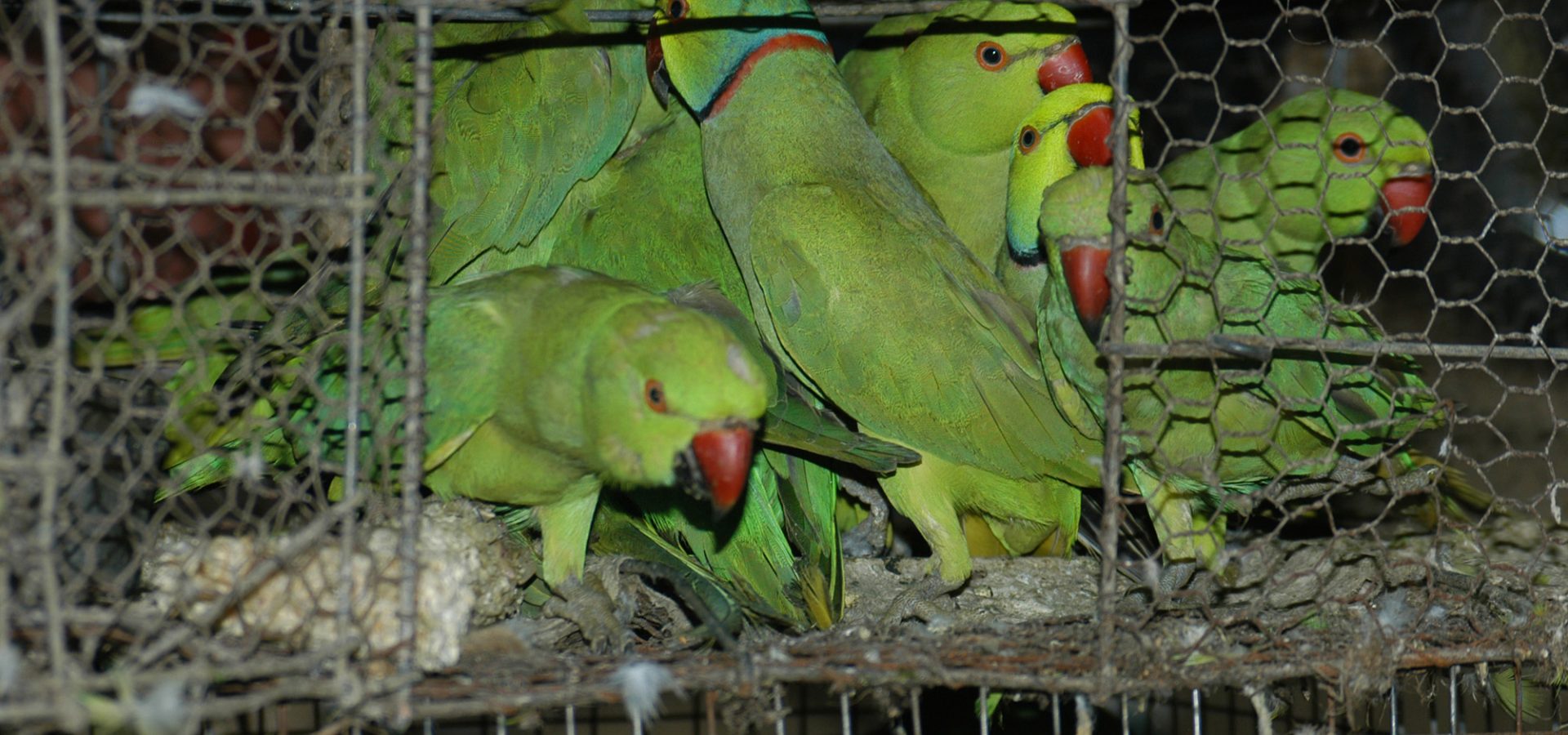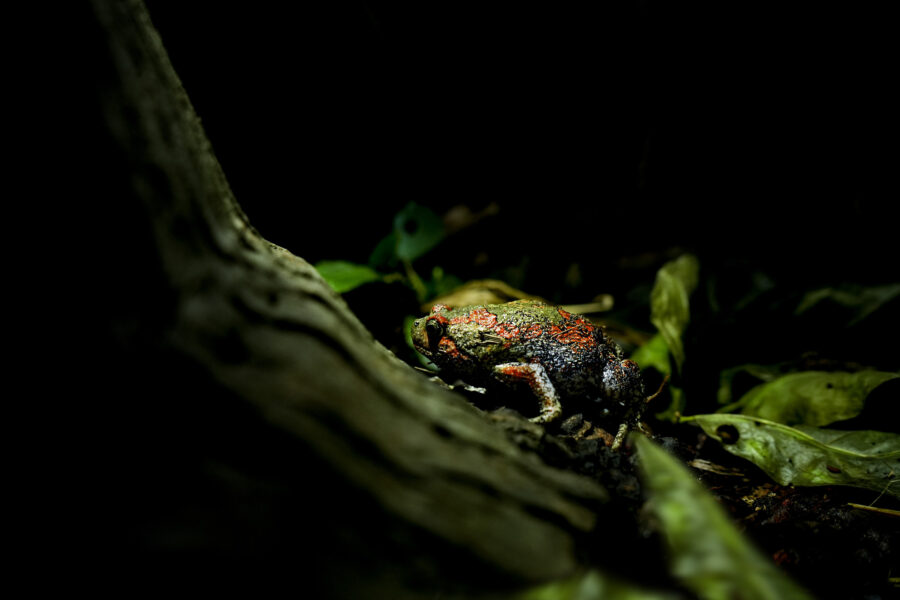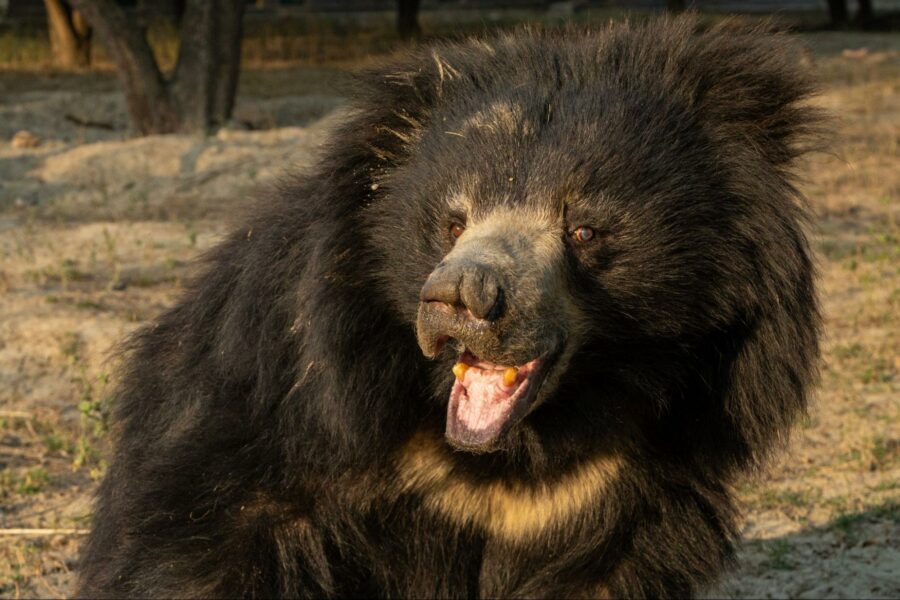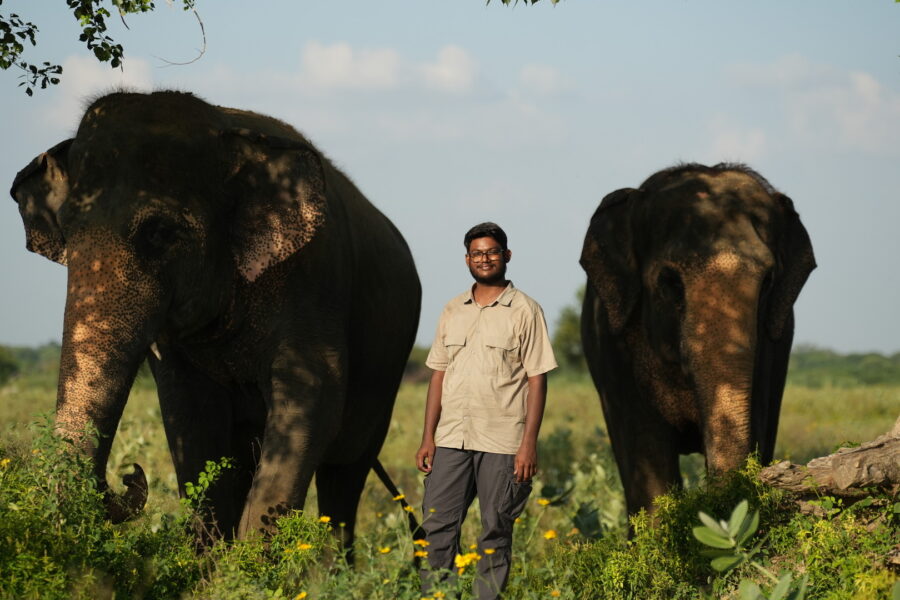In continuation of their efforts to crack down on the illegal pet trade and wildlife trafficking in Vadodara, Gujarat, the Wildlife SOS-GSPCA (Gujarat Society for Prevention of Cruelty to Animals) has been gathering valuable intelligence through undercover informants. After months of surveillance, the team conducted checks on the respective households before approaching the authorities so that appropriate action could be taken.
Over the past three months, our team has assisted the Department of Social Forestry, Vadodara in conducting a series of raids across the city. Their concerted efforts resulted in the rescue of 101 illegal ‘house pets’ including several native parakeets, tortoises, and monkeys that are protected under the Wildlife Protection Act, 1972.
These included 32 Alexandrine parakeets (Schedule I), 55 Rose-ringed parakeets (Schedule IV), 7 Plum-headed parakeets (Schedule IV), turtle species —an Indian Star Tortoise (Schedule IV), an Indian Softshell turtle (Schedule I) and even non-native species like the Red-eared slider turtle. The team also seized 2 Rhesus macaques and a Bonnet macaque that were being kept in cages.
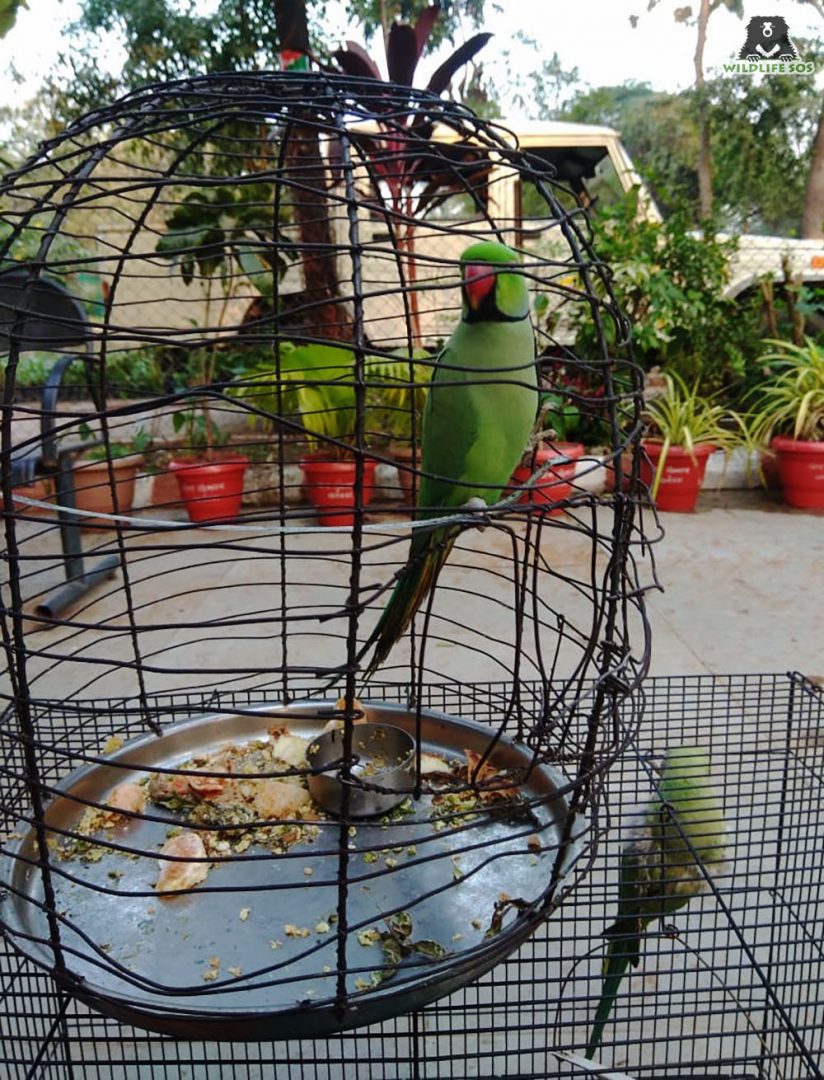
Unfortunately, most people aren’t aware that it is illegal to keep wild animals as pets and are also often misled into buying or owning an endangered species. The Wildlife Protection Act, 1972 clearly states that the possession and trade of native wildlife species is an illegal offence that is punishable by law. Despite having a strong legal framework that regulates and restricts the flow of wildlife trade, protected species continue to be traded and sold as exotic pets in India and across porous international borders.
Of the 12 native species of parakeets, the Rose-ringed parakeets, Alexandrine parakeets and Plum-headed parakeets are three of the most traded birds in the country. 3-4 weeks old parakeet chicks are captured from the wild and crammed into tiny containers while being transported to bird markets across the country. In most cases, the birds die en-route due to stressful conditions. Parakeets are social birds so keeping them in caged, isolated conditions affects their physical and mental well-being. Moreover, their life cycle gets reduced as many begin to depict stereotypical behaviour like plucking their feathers out.
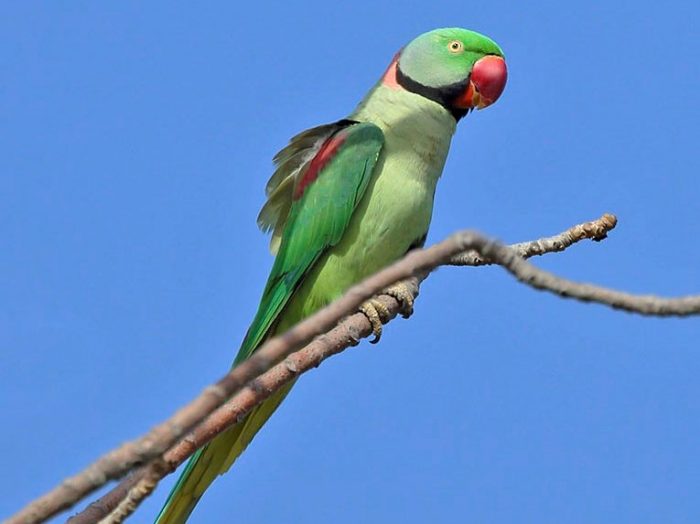
According to a TRAFFIC report published in 2019, the Indian star tortoise and the Indian softshell turtle are among India’s most traded turtle species! The Indian star tortoise is listed as ‘Vulnerable’ by the International Union for Conservation of Nature (IUCN) and was recently upgraded to Appendix I of the Convention on International Trade in Endangered Species of Wild Fauna and Flora (CITES). However, it remains a highly coveted pet and a spiritual symbol, largely because of its striking shell that has a star-like radiating pattern of yellow and black. Another ‘exotic pet’ that has gained popularity across the world, is the Red-eared slider turtle, a species native to the United States and Mexico. Now most people are unaware that Red-eared sliders are an invasive species, so if they are released in the wild, they have the tendency to compete with native species for food, habitat and other resources.
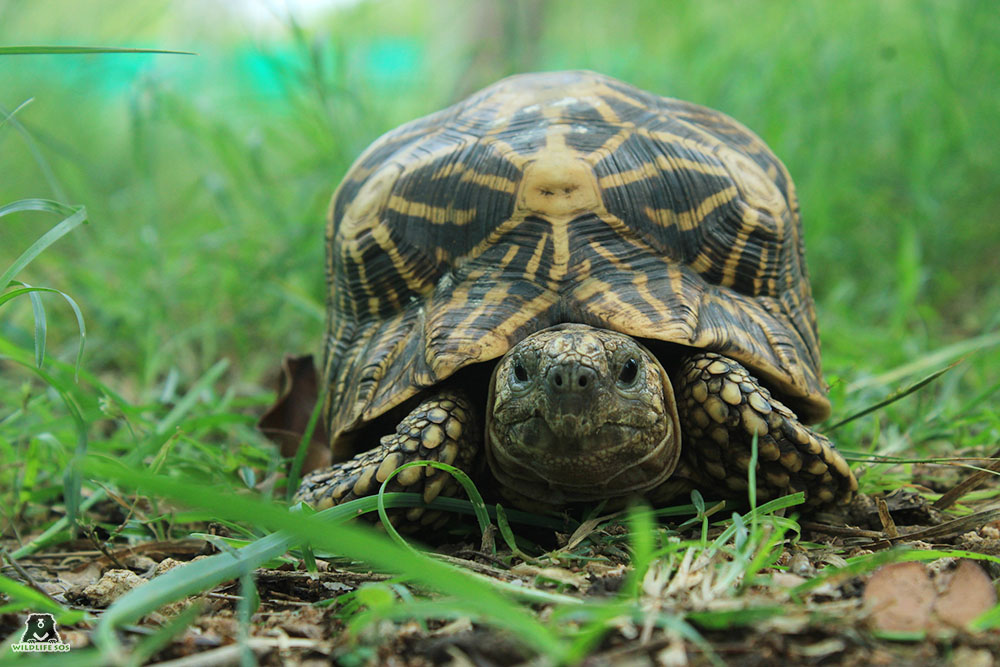
Every year, millions of animals are forcefully removed from their habitats to feed a thriving illegal trade in wildlife. The illegal pet trade is a multibillion-dollar, wasteful industry built on the exploitation of animals that are generally ill-suited as pets. The burgeoning demand for ‘exotic pets’ is keeping this grotesque industry alive. The first step to curbing such demands is to educate ourselves and create awareness about the illegality of these practises!
Wildlife SOS assists enforcement agencies like the Forest Department, Police, Special Task Force, Wildlife Crime Control Bureau, DRI, CBI etc. by gathering and relaying valuable intelligence pertaining to wildlife trafficking and related crimes. You can read more about our anti-poaching unit “ForestWatch” here

